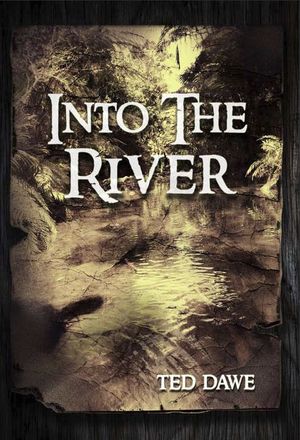 |
Banned bookshttp://www.economist.com/blogs/prospero/2015/09/banned-booksNew Zealand's censorship gives birth to a must-read
DESPITE the present ban "Into the River", a young-adult novel by Ted Dawes, New Zealand is not about to become a home for the prude, or a place where a religious pressure group can get its way in deciding what the rest of the country may read. The mixture of disbelief and outrage which greeted the ban will ensure that. True, your correspondent, who wanted to read the book, spent a day finding the ban mightily effective. The central city library has gathered offending copies in one place. Though the local branch library had two still on issue, these were destined to be removed to safety when they are returned. Penguin, the publisher, regretfully saw no way in which your correspondent could see the book for the benign purposes of writing about it. Even Amazon, which displayed the cover and allowed some of the first chapter to be accessed, had the ominous note on its Kindle edition “This title is not currently available for purchase”. Presumably Amazon’s server had determined that the inquiry came from New Zealand. Breaching the ban carries a fine of NZ$10,000 (US$6,300) for institutions and NZ$3,000 ($1,900) for individuals, though there is some scepticism about whether the police would be very active about securing convictions. Public silent readings (reading it aloud would breach the law) seem to be catching on in various cities. School library staff have voiced support for the book. One bookseller set up a display of books such as "Lady Chatterley’s Lover" that have been banned in the past. Central to the display is "Into the River" inside a paper bag. Lawyers are trying to assess whether the temporary ban on reading the book is in conflict with the Bill of Rights, as it would seem to be: it says “Everyone has the right to freedom of expression, including the freedom to seek, receive, and impart information and opinions of any kind in any form.” Chris Finlayson, the country’s attorney-general, said banning books was "not really the sort of thing we do in New Zealand," and thinks it might be time to look at the law that had allowed a temporary ban to be placed on the book. The ban came about because of a kink in the law and the views of the president of the Film and Literature Board of Review, Don Mathieson. There had been some back-and-forth between the censor’s office and the board of review about how the book should be classified. Books are not referred to the censor unless someone complains, but a conservative religious group called Family First, led by Bob McCoskrie, had done just that. (After the outcry, it said it had never intended a ban.) The board of review, which can consider the censor’s rulings, had decreed that a R14 restriction should be put on the book. School libraries found this difficult to administer, and the country’s deputy censor had removed the restriction. Mr Mathieson had previously wanted a R18 restriction placed on the book, and used his power under the law (which few people seemed to have noticed) to place a temporary ban on the book until the board of review could look at it again. It was the first time since the legislation was passed 22 years ago that a ban had been imposed. The ban will almost certainly be lifted once the board does meet within a month or so. The book is about a Maori boy sent to an elite school. It has passages of sex, swearing, bullying and drug-taking. The author, a teacher, says he based it on activities he had observed in schools. He was profoundly upset by the ban, and the hate mail he received afterwards. The book had won two major awards. Your
correspondent having been thwarted in bringing those parts of the "Into
the River" that might have worried members of Family First to the
attention of readers of Prospero, found that Mr McCoskrie had
industriously done some counting. He said "it's a book that's got
the c-word nine times, the f-word 17 times and s-h-i-t 16 times." The
head of New Zealand's publisher's association, Melanie Laville-Moore, found something else in it: “'Into
the River' is a highly regarded piece of literature, charged with
influencing and changing the lives of many of its teenage male
readers." Those who have not yet read the book will have to wait until the ban lapses to see what the fuss is about.
|